On your EditorPlugin implement handles to return true on any AnimationPlayer given to it, and Godot should call edit with the AnimationPlayer that is to be edited currently.
Example code:
tool
extends EditorPlugin
var edited_animation_player:AnimationPlayer
func handles(object:Object) -> bool:
return object is AnimationPlayer
func edit(object:Object) -> void:
edited_animation_player = object
print(edited_animation_player)
I was hoping the information of which AnimationPlayer is currently being edited in the Animation panel was perhaps stored in some node for the bottom panel?
Even if get the correct node from the interface:
var control:= Control.new()
var animation_player_editor:Control
add_control_to_bottom_panel(control, "puff")
for sibling in control.get_parent().get_children():
if (sibling as Control).get_class() == "AnimationPlayerEditor":
animation_player_editor = sibling
remove_control_from_bottom_panel(control)
if animation_player_editor != null:
print(animation_player_editor)
Which AnimationPlayer it is editing is not exposed to scripting. We can find a get_player method in the source code and a get_state method also in the source code, but we could only access them from C++, as they are not bound for scripting (source code).
In theory we should be able to get the EditorPlugin and call get_state on it, however it is not working for me:
var animation_player_editor_plugin:EditorPlugin
for sibling in get_parent().get_children():
if (sibling as Node).get_class() == "AnimationPlayerEditorPlugin":
animation_player_editor_plugin = sibling
if animation_player_editor_plugin != null:
print(animation_player_editor_plugin.call("get_state"))
Despite get_state being exposed on EditorPlugin, it appears to not be possible to call it.
By the way, we can see in the source code for AnimationPlayerEditorPlugin that it follows the handles and edit logic I used above.

